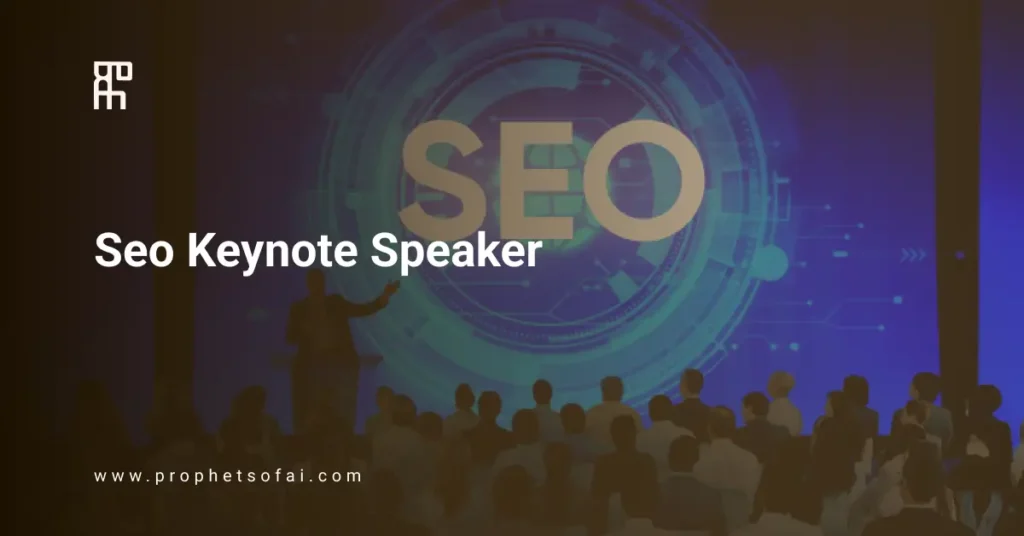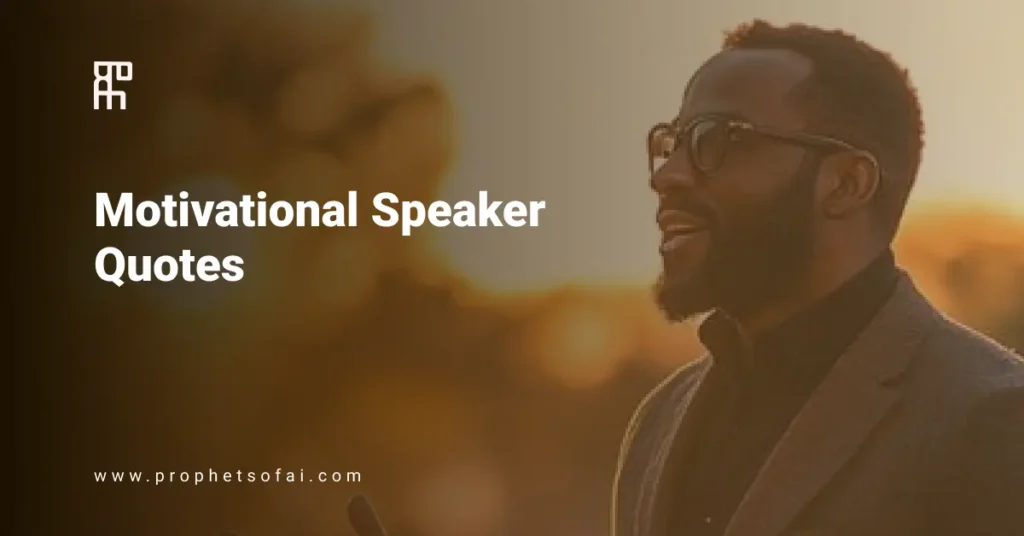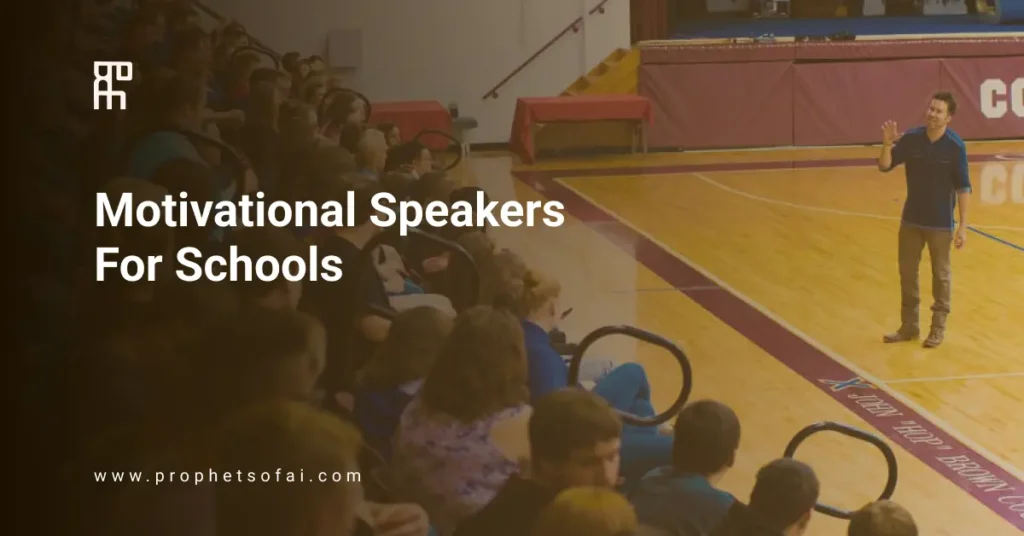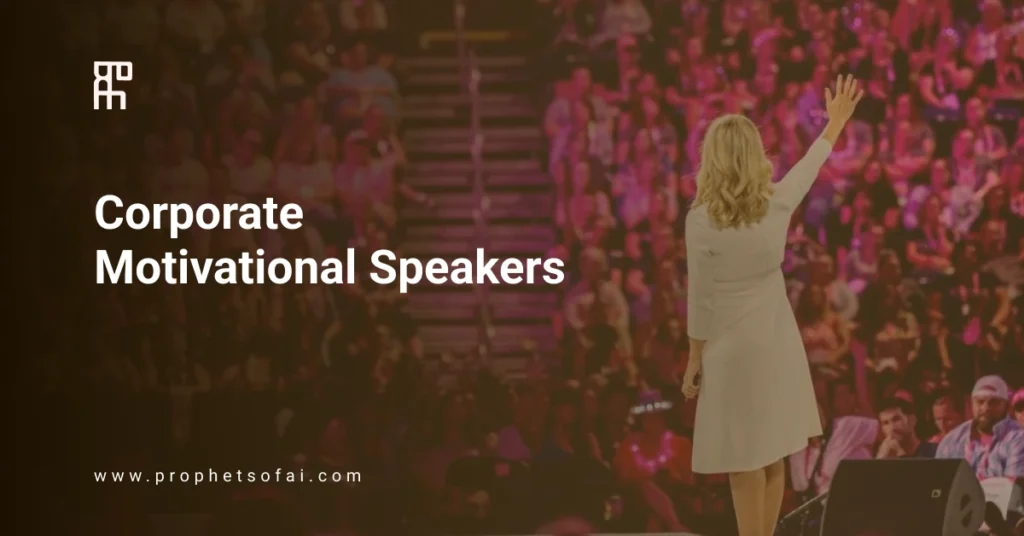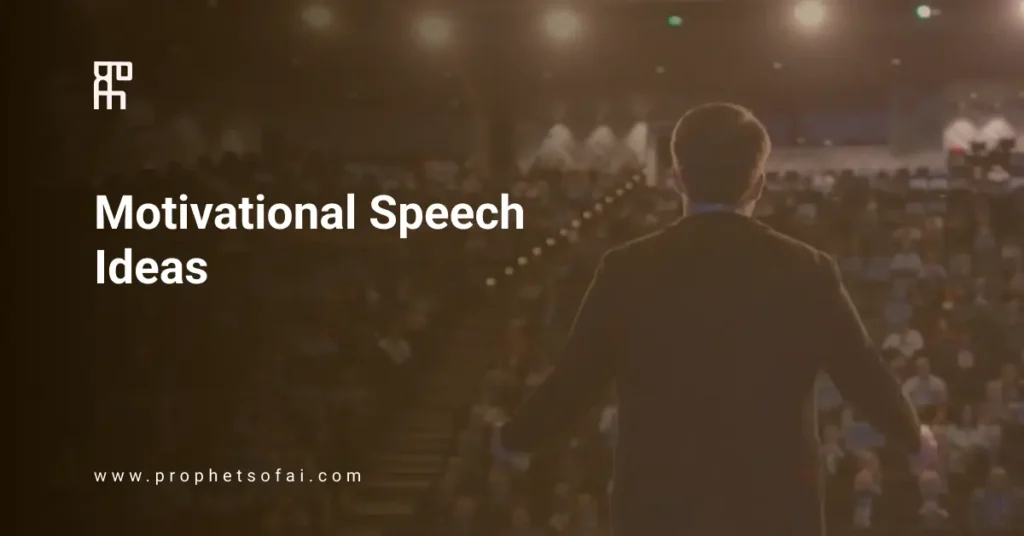Keynote speakers can transform your event from forgettable to memorable. They can also drain your budget without delivering proportional value.
Not every conference, meeting, or gathering benefits from a keynote. Small workshops often work better without one. Tight budgets sometimes can’t justify the investment. The format itself might not fit your event style.
Making the wrong decision either wastes thousands of dollars or leaves your event without the anchor it needs. This guide helps you determine whether your specific event actually requires a keynote speaker or if alternatives would serve you better.
1. Signs Your Event NEEDS a Keynote Speaker
You Have 50+ Attendees
Large groups benefit most from the unified messaging and shared experience keynote speakers provide. Getting hundreds of people aligned around a central theme requires the kind of authoritative voice only keynotes deliver.
Your Event Lacks a Central Theme
Keynote speakers establish thematic coherence for multi-session programs. They tie together disparate topics into one framework that makes sense.
Attendance is a Concern
A recognizable speaker draws registrations before your event even starts. Their name on the invitation justifies the time and money attendees invest.
You Need to Set Specific Tone
Whether inspiring change, establishing authority, or energizing teams, keynotes frame how people experience everything else on your agenda.
Multiple Days Require Anchoring
Multi-day conferences need opening and closing moments that give structure. Keynotes provide these natural bookends. If you’re considering both positions, learn more about opening keynote speaker vs closing keynote speaker to understand their distinct roles.
Diverse Audience Needs Unification
When attendees have varying expertise levels or come from different departments, keynotes find common ground everyone can relate to.
Budget Allows for Quality
You have $10,000 or more to invest in a professional speaker who delivers real value rather than settling for mediocre alternatives.
2. Signs You DON’T Need a Keynote Speaker
Small, Intimate Gatherings (Under 30)
Small groups benefit more from roundtable discussions and interactive workshops where everyone participates. Formal keynotes create distance when intimacy matters most.
Highly Technical, Workshop-Focused Events
When hands-on learning matters most, formal keynotes interrupt the workflow. Attendees came for tactical skills, not inspiration.
Extremely Tight Budget
Better to skip keynotes entirely than book mediocre speakers who damage your credibility. Poor speakers create worse impressions than no keynote at all.
Internal Team Meetings
Company meetings often work better with executive presentations than external speakers. Your own leadership understands context and challenges better.
Content-Heavy Conferences
If your program already bursts with specialized sessions, adding a keynote creates scheduling problems and cuts into valuable learning time.
Audience Seeks Tactical Skills Only
When attendees want specific how-to training and implementation guidance, broad inspirational talks miss the mark completely.
Previous Keynotes Failed
If past speakers didn’t deliver value, examine whether the format itself fits your event rather than just finding a better speaker.
3. Alternative Options to Consider
Panel Discussions
Multiple experts provide diverse perspectives at lower combined cost than a single keynote. Panels create dynamic conversations that engage audiences differently than solo presentations.
Fireside Chats
Conversational format feels more accessible and allows deeper exploration of topics. This intimate style often reveals insights formal keynotes miss.
Internal Executive Presentations
Your own leadership might deliver more relevant, authentic messages that connect directly to organizational challenges and goals.
Extended Q&A Sessions
Interactive formats engage audiences through participation rather than passive listening. People often remember discussions more than speeches.
Workshop Leaders
Invest your speaker budget in multiple practical sessions instead of one inspirational talk. Three $3,000 workshops often deliver more value than one $10,000 keynote. If you’re considering different speaker types, explore keynote speaker vs guest speaker to understand which role fits your needs.
Video Content
Pre-recorded messages from thought leaders cost significantly less than in-person appearances while still providing expert perspectives.
These alternatives often provide better value for certain event types and budgets. Consider them seriously before defaulting to traditional keynotes.
4. Budget Reality Check
Professional keynote speakers range from $5,000 to $100,000 or more. Calculate the total cost including speaking fees, travel and accommodation, AV equipment upgrades, marketing materials, and the opportunity cost of other budget uses.
Ask yourself honestly: Could this money deliver more value elsewhere? Sometimes three great workshop facilitators at $3,000 each provide better ROI than one $10,000 keynote who speaks for 45 minutes.
If your entire event budget sits under $15,000, keynote speakers likely consume disproportionate resources better spent on venue, catering, or technology that benefits all attendees throughout the event.
Don’t let the appeal of a big name blind you to budget realities. A mediocre event with a great speaker still disappoints.
5. Self-Assessment Questions
Answer these honestly to guide your decision:
- What’s your primary event goal? Inspiration versus education versus networking changes whether keynotes fit. Tactical training events rarely need them.
- What do attendees actually want? Ask previous participants what they valued most. Their answers might surprise you.
- What’s your success metric? If you’re measuring specific behavior changes or skill acquisition, keynotes may not directly contribute to those outcomes.
- Can anyone internal deliver this message? Sometimes your own experts provide more relevant content than external speakers who don’t understand your context.
- Will this speaker draw additional attendance? If the keynote won’t attract new registrations or justify higher ticket prices, reconsider the investment.
- What happens if you skip the keynote? If your honest answer is “not much would change,” you probably don’t need one. Events should suffer noticeably without their keynote if the investment makes sense.
6. Event Size Matters
Under 30 people: Rarely justify keynote investment. Focus on interaction and intimate discussions where everyone participates.
30-100 people: Keynotes work but aren’t essential. Decision depends on specific goals and available budget.
100-500 people: Keynotes add significant value for unified messaging. This size benefits most from professional speakers.
500+ people: Almost always benefit from professional keynote speakers. Large audiences need authoritative voices to create shared experiences.
Scale your speaker investment to audience size. What works for a 500-person conference wastes money at a 25-person retreat.
7. Making the Final Decision
Choose a Keynote When:
Benefits clearly outweigh the $10,000+ investment in measurable ways. Name recognition will boost attendance numbers or ticket prices. Your event needs a thematic anchor that only an external authority can provide. You can afford quality speakers without sacrificing other essential elements. Understanding what is a keynote speaker helps clarify whether this investment aligns with your event goals.
Skip the Keynote When:
Budget forces compromise on other essentials like venue quality, technology, or adequate staff. The format doesn’t fit your event style or attendee preferences. Alternatives like panels or workshops serve your goals better. Previous attempts failed to deliver value worth the cost.
Still unsure? Start with a smaller investment in guest speakers or workshop facilitators. Test what resonates with your audience before committing significant keynote budgets in future years.
8. Common Mistakes
Booking keynote “because everyone does” – Bad reason. Match format to your specific needs, not industry norms.
Choosing celebrity over relevance – Name recognition without substance fails. Audiences see through it immediately.
Forcing keynotes into wrong events – Small workshops and technical trainings don’t need them. Accept what works for your format.
Cutting essential budget for keynote – Don’t sacrifice venue quality, catering, or technology elsewhere to afford a speaker.
Not measuring ROI – Track whether keynotes actually delivered value through surveys and attendance data. Learn from each investment.
Conclusion
Keynote speakers add tremendous value to the right events. They also waste budget when forced into situations where alternatives work better. Honest assessment of your goals, audience size, and available budget guides the right decision.
Not sure whether your event needs a keynote? Prophets of AI helps you evaluate your options and make the choice that delivers maximum value.
